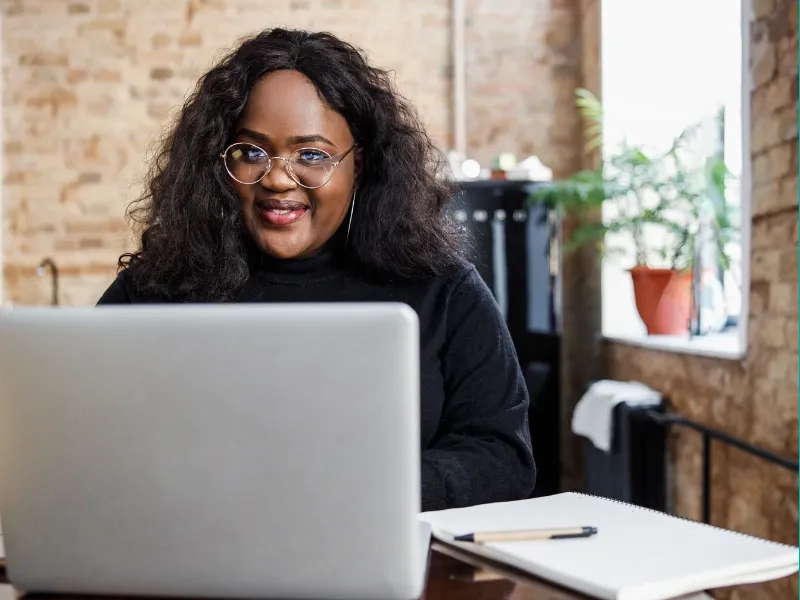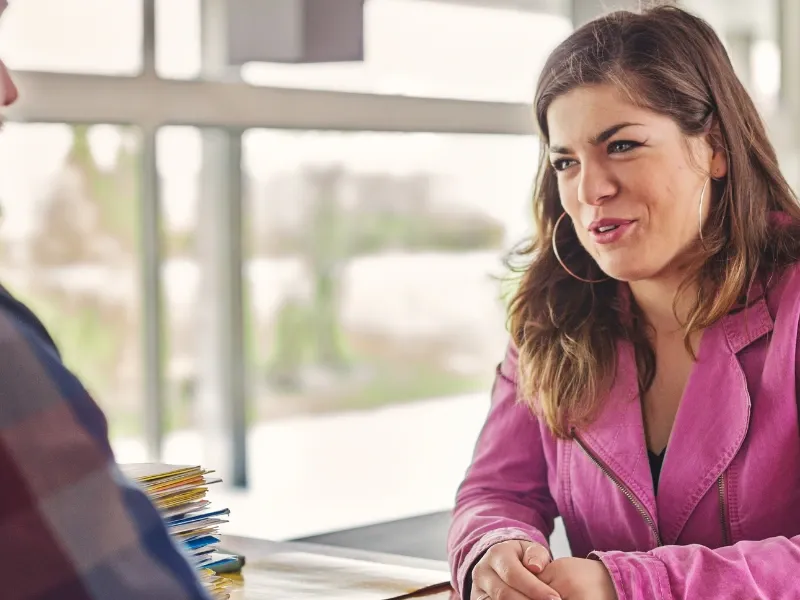How to Build Trust with Users When Conducting User Research

As humans, when we feel physically and emotionally safe in a scenario we tend to be more likely to feel relaxed and at ease. And when we feel at ease, we tend to be more willing to open up – both in terms of body language and what we are willing to share.
The difficulty with user testing is that you’re asking a total stranger to open up and share their thoughts and feelings. So, in order to conduct effective user research, it’s essential to build trust and rapport with research participants, as quickly as possible.
Ayda was built by a team of former user researchers who loved gathering insights from users but had grown tired of spending most of their time doing operational and admin-based tasks because of poor workflows and outdated processes. They built Ayda to give time and focus back to researchers.
Here are some of the ways they’ve built trust and rapport with research participants:
1. Set expectations
Setting expectations for your participant’s journey can make the user feel more in control and at ease. Participants will not be happy if the “30 minute” research ends up being two hours, or if they were told they’d receive your incentive within 24 hours and it’s now been a week with no word. Well, how would you feel?!
By letting users know what to expect you can help to settle any nerves they may have about the research and avoid any surprises or disappointments along the way. This applies to incentives, duration, the team members they can expect to meet and anything else you think they should be aware of.
Having said that, if anything changes along the way transparency is key!
2. Show your gratitude
Acknowledging the time, the participant gave up to take part in your study is so important when it comes to building rapport. While 30 minutes on a Tuesday afternoon may not seem like going out of your way to you, make it obvious that you appreciate them being there.
Similarly, let them know you appreciate their input and opinions on the research you are doing. This could be an exciting opportunity for them, even if it is just one of two hundred interviews for you. A Thank you can go a long way.
3. The two Cs – comfortable and credible
The last thing you want to do when conducting research is seem like you don’t know what you’re talking about or create an uncomfortable environment for your participants. There’s a few things you can do to make sure you’re giving off good vibes. Firstly, it’s best to introduce yourself at the beginning. This is an opportunity to drop your job title and a little bit about what you do and your company. This isn’t to oversell yourself but to show your participant they are in good hands.
Make sure your participants are aware that you’re in a private setting, and everything they say will be kept private and under lock and key. This will allow them to give open and honest answers without worrying about being overheard.
4. The way you conduct the interview is super important
Interviews should be like a conversation, the goal is to make your participants feel comfortable enough that the discussion flows easily and honestly. Shifra Cook, Ayda’s CEO and researcher of 15 years puts it like this: ‘it’s kind of about being vulnerable yourself first and putting yourself out there. It gives them permission to do the same’. Feel free to crack a joke and embrace the awkward silences. Ask open ended questions and encourage them to speak as much as they want. The more the better! But remember to keep your own opinions to yourself and not to sway them in any which way.
5. Last but not least - flexibility
Not all participants are the same and have the same experiences – make sure you’re paying attention to their behavior and reacting accordingly. This could be the participant having travel disruptions and being 30 minutes late or your internet dropping out halfway through the interview. If you freak out – the participant is likely to freak out. Being flexible and ready to handle whatever is thrown at you in the moment is a key in building trust.
You might also like...

Whether you’re new to user research or just need a refresh here are our top recommendations for user research online courses.

Whether you’re new to user research or just need a refresh, here are our top recommendations for user research online courses.

You’ve secured a job as the first UX researcher in a company with a strong focus on innovation and growth. As the first person conducting user experience resear...